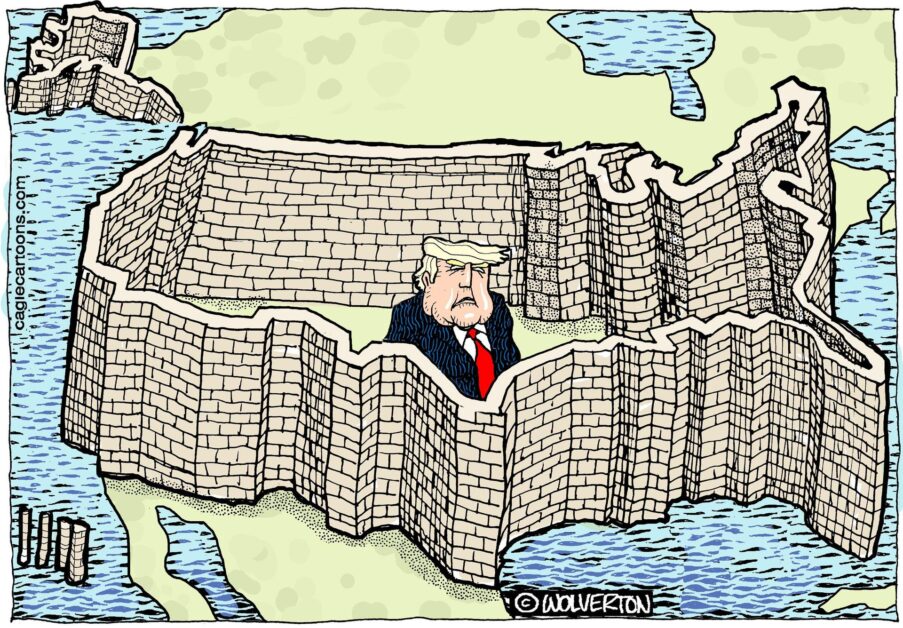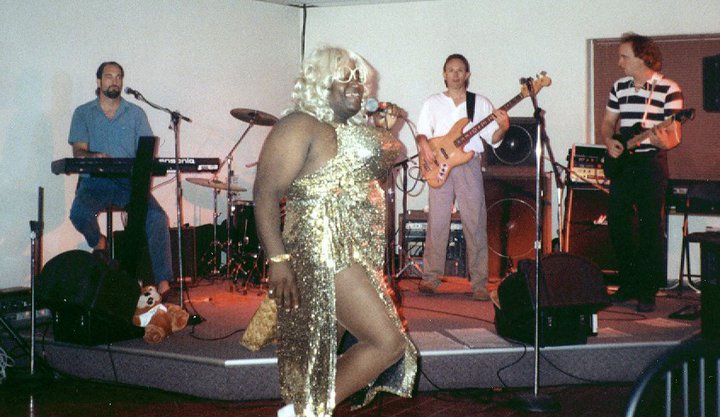
How Trump’s 2025 Tariffs on Canada Are Screwing Over Musicians Right Now
When the Trump administration reimposed tariffs on Canadian goods in 2025—targeting aluminum, steel, and even some finished products—the move was pitched as “protecting American jobs.” But for working musicians, it’s been a nightmare of rising costs, broken supply chains, and tour headaches. Here’s how these policies are hitting artists in real time.
1. Gear Prices Are Skyrocketing (Again)
Remember the 2018-2020 tariff chaos? It’s back, but worse. Since 2025, musicians are seeing:
Canadian-made gear (Godin, Traynor, etc.) slapped with import taxes, making them pricier in the U.S.
American brands hiking prices to cover costs of tariffed raw materials (steel for hardware, aluminum for cases)
Used market inflation because new gear is suddenly 10-20% more expensive
If you’ve tried buying a pro-level guitar, amp, or even just road-ready cases lately, you’ve felt the sting.
2. Cross-Border Tours Are a Financial Minefield
Canada and the U.S. have always been interdependent music markets, but now:
Canadian bands touring the U.S. face higher visa/transport costs (thanks to retaliatory fees)
U.S. artists going north get hit with gear taxes at the border (Canada’s counter-tariffs mean your American-made Fender or Mesa Boogie might get dinged)
Van rentals and fuel costs are up (tariffs on auto parts + steel = pricier tours)
Smaller acts are canceling shows or sticking to their home country, shrinking opportunities.
3. Recording Studios & DIY Musicians Are Getting Squeezed
It’s not just live performers—producers and home-recording artists are suffering too:
Canadian audio companies (like Radial Engineering) now cost more for U.S. buyers
U.S.-made preamps, mics, and interfaces are pricier in Canada, hurting collaboration
Shipping fees for online gear purchases have spiked
If you’re a bedroom producer or indie studio, your already-tight budget just got tighter.
4. The Used Market Is a Bloodbath
With new gear prices climbing:
Vintage and secondhand gear is in insane demand (good luck finding a ’90s Jazzmaster under $2K)
Repairs are backlogged (import delays on parts + higher labor costs)
Flip culture is out of control—scalpers are hoarding cheap gear to resell at a markup
What Can Musicians Do?
Buy local when possible (support small builders less affected by tariffs)
Lobby music orgs (like NAMM or AFM) to push for exemptions on musical instruments
Tour smarter—route trips to avoid multiple border crossings, carpool, share backline
Demand better trade policies from politicians (yes, music is an industry too)
The Bottom Line
These tariffs might be framed as “economic warfare,” but in reality, they’re just economic punishment for working artists. Until policies change, musicians on both sides of the border will keep paying the price—literally.
Have you been affected? Comment below with your tariff horror stories.
—
Joe Ruicci
Music Blogger | Gearhead | Trade Policy Victim
(Follow for more on how politics screws over musicians.)







